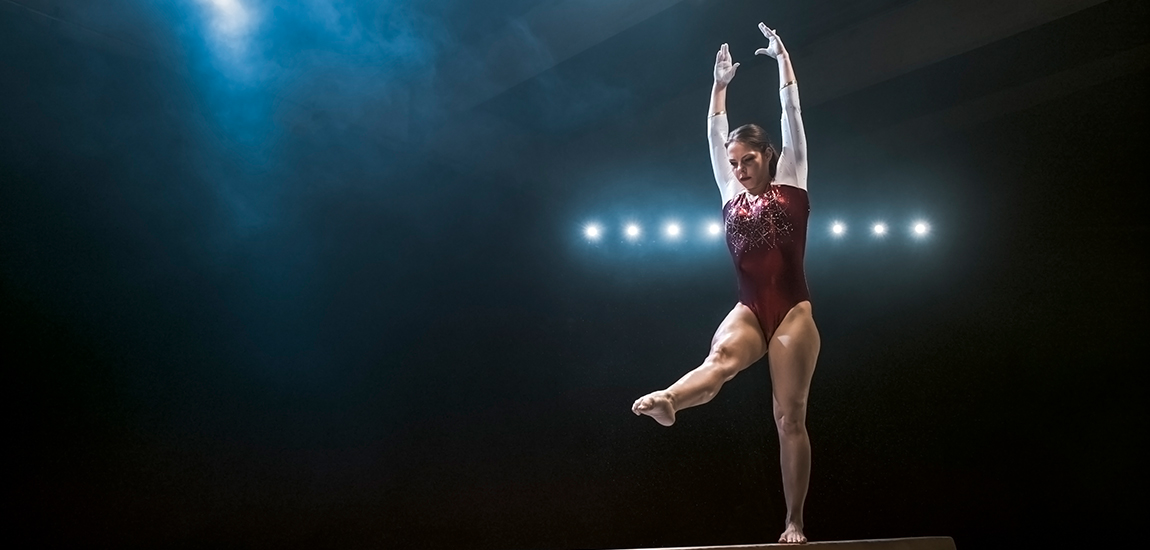The international taxation of artists and athletes has been the subject of analysis and discussion for many years, affecting issues as diverse as tax residence, the delimitation of income that can be classified as “artistic” or “sports” or the development of the activity through companies.
This type of income is specifically regulated in Article 17 of the OECD Model Convention for the Avoidance of Double Taxation. This provision establishes a rule of shared taxation that authorizes the State in which the activity is carried out to tax the income obtained by the artist or athlete, regardless of the dependent or independent nature of said activity. This excepts the application of the articles referring to income from dependent work and business profits.
Making use of the powers granted by this rule of shared taxation, Spanish legislation considers income obtained in Spanish territory to be that derived, directly or indirectly, from the personal performance in Spanish territory of artists and athletes, or from any other activity related to such performance, even when it is received by a person or entity other than those.
The interpretation of these rules is addressed by the Central Economic-Administrative Court (TEAC) in three recent resolutions of 12 December 2024, with numbers 00/03096/2021, 00/03144/2021 and 00/03272/2021. The debate in these proceedings arose around the obligation to withhold income related to artistic or sports performances conducted in Spain, sometimes paid directly to artists and athletes and other times to non-resident entities of those artists and athletes or entities that represented them.
There are three issues that deserve attention in the TEAC resolutions that we discuss here: (i) the delimitation of the income that must be considered derived from artistic or sports performances, (ii) the validity of the dynamic interpretation of the agreements and (iii) the basis on which withholding must be made.
In relation to the first of the questions, the TEAC recalls the basic principle on which the taxation of this type of income is based: the artist or athlete must have conducted performances of an artistic or sporting nature in Spanish territory. In addition, it reiterates that, although in a particular case the Supreme Court maintained an expansive nature of the income to be included in the term “artistic”, not all income derived directly or indirectly from an action of such nature must, always and automatically, be classified as “artistic or sporting income”. An action of this nature will include, in any case, not only the pure bodily action or interpretation of the performer, but also all those elements that contribute singularly and essentially to its realization, in such a way that without them such action would not be possible or would be a different one. On the other hand, peripheral or ancillary services to the performance of the artist or athlete and production or technical assistance services unrelated to such performance shall be excluded.
The demarcation between one and the other benefits will require an analysis of each particular case, depending on the specific circumstances involved, and it is the responsibility of the withholder to provide, by virtue of the principle of proximity and ease of proof, the data and evidence that support the exclusion of a certain income from the category of “artistic or sports income”.
The second issue addressed by the TEAC refers to paragraph 2 of Article 17 of the OECD Model Agreement, the purpose of which is to allow artistic or sporting income to be taxed in the state of the action, even when there is an intermediary company. This paragraph was incorporated in 1992 into the 1977 Model Agreement, which is why various agreements signed previously, such as the one signed between Spain and the Netherlands, do not expressly provide for this clause. Notwithstanding the foregoing, the Supreme Court (among others, in judgments of June 11, 2008 and February 28, 2013) constructed the so-called “dynamic interpretation” of the conventions, according to which they must be interpreted in the light of the comments of the OECD Tax Committee in relation to the Model Convention currently in force, even if the convention in question does not contain the second paragraph or clause relating to the use of intermediary companies. The TEAC acknowledges that the Supreme Court had moved away from dynamic interpretation in the judgments Stryker and Colgate, but considers that this is taken up by the judgment of 8 June 2023 (appeal 6528/2021), in line with the CJEU Judgment of 26 February 2019 (joined cases C-116/16 and C-117/16).
The third issue that we highlight is that relating to the withholding base, on which the TEAC analyzes two aspects. On the one hand, the court reiterates the criterion that the withholding must be made on the gross income paid by the payer resident in Spain, without taking into account any deductible expense linked to said income. This does not preclude the right of the artist or sportsperson resident in another Member State of the European Union to file a self-assessment tax return, reducing the gross income by the amount of the expenses necessary for the performance in Spain, and to obtain, where appropriate, a refund of the excess withholding tax. On the other hand, the TEAC confirms the application of the gross-up rule, which allows that, when the full consideration accrued is not proven, the Tax Administration can compute as gross amount an amount that, once the appropriate withholding has been subtracted from it, yields the amount actually received.
The general guidelines of the 2025 Annual Tax and Customs Control Plan contain, once again, a specific reference to the taxation of non-resident artists and athletes. In particular, it is indicated that “actions aimed at regularizing those situations in which under-withholding of income obtained by artists and athletes not resident in Spanish territory is observed, provided that they act without the mediation of a permanent establishment, will be intensified.” Consequently, there is no doubt that issues related to the international taxation of artists and athletes will continue to be very topical.
Partner of the Tax Service






